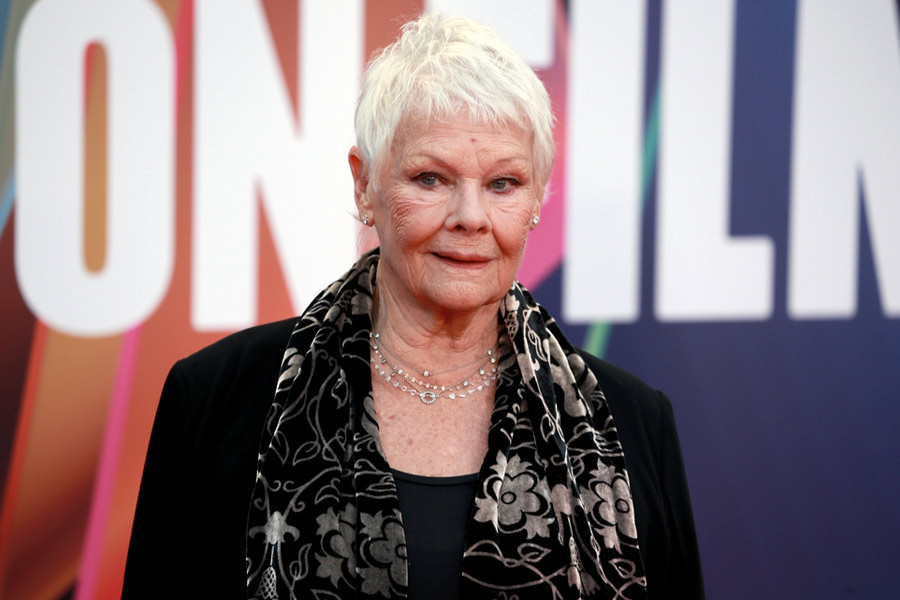Meta is in discussions with Awkwafina, Judi Dench and other actors and influencers for the right to incorporate their voices into a digital assistant product called MetaAI, according to three people with knowledge of the talks, as the company pushes to build more products that feature artificial intelligence.
Apart from Dench and Awkwafina, Meta is in talks with comedian Keegan-Michael Key and other celebrities, said the people, who spoke on the condition of anonymity because the discussions are private. They added that all of Hollywood’s top talent agencies were involved in negotiations with the tech giant.
The talks remain fluid, and it is unclear which actors and influencers, if any, may sign on to the project, the people said. If the parties come to an agreement, Meta could pay millions of dollars in fees to the actors.
A Meta spokesperson declined to comment. The discussions were reported earlier by Bloomberg.
Meta, which owns Facebook, Instagram and WhatsApp, has invested heavily in artificial intelligence, which the biggest tech companies are racing to develop and lead. Meta has plowed billions into weaving the technology into its social networking apps and advertising business, including by creating artificially intelligent characters that could chat through text across its messaging apps.
On Wednesday, Meta CEO Mark Zuckerberg announced an increase in how much his company would spend on AI and other expenses this year to at least $37 billion, up from $30 billion at the beginning of 2024. Zuckerberg said he would rather build too fast “rather than too late” to prevent his competitors from gaining an edge in the AI race.
One area of AI that is rapidly emerging are chatbots with voice abilities, which act as virtual assistants. In May, OpenAI, a leading AI company that has partnered with Microsoft, unveiled a version of its ChatGPT chatbot that could receive and respond to voice commands, images and videos. It was part of a wider effort to combine conversational chatbots with voice assistants including the Google Assistant and Apple’s Siri.
OpenAI later suspended the release of its voice-related ChatGPT after actress Scarlett Johansson, who had provided the voice for an AI system in Spike Jonze’s 2013 movie, “Her,” accused the company of using a voice “eerily similar to mine” despite her refusals to participate in the product.
Meta is angling to strike deals with celebrities in a way that avoids angering top talent. Under the terms of the proposed contract, Meta would record the voices of these celebrities for potential use in MetaAI, which users could interact with and ask questions across Facebook, Instagram, WhatsApp and Messenger, as well as Meta’s Ray-Ban augmented reality glasses, the people said. Any deal would be for a set period and could be renewed or terminated when the contract was up. Actors would not release the rights to their voices indefinitely.
Meta is trying to lock down the deals in time for its Connect technology conference in late September, when the company plans to debut new AI-focused products. At last year’s conference, Meta introduced digital chatbots that had the likenesses of Snoop Dogg, Tom Brady and MrBeast, but few people used the text-based characters. The company wound down the initiative last month.
Last year, the Screen Actors Guild-American Federation of Television and Radio Artists union, which represents more than 150,000 television and movie actors, went on strike as negotiations over a new agreement with the Hollywood studios — including how to deal with the rise of AI — stalled. Actors eventually secured a three-year deal with a provision that says the studios cannot use AI tools to create digital replicas of performers without payment or approval.
Still, many union members remain dissatisfied with the provision. Other subsets of the entertainment industry, like editors, animators and voice actors, are also concerned that AI will put them out of work.
Actors with the union initiated a separate strike last week against video game companies that use actors’ images and voices in their games.
The New York Times News Service











